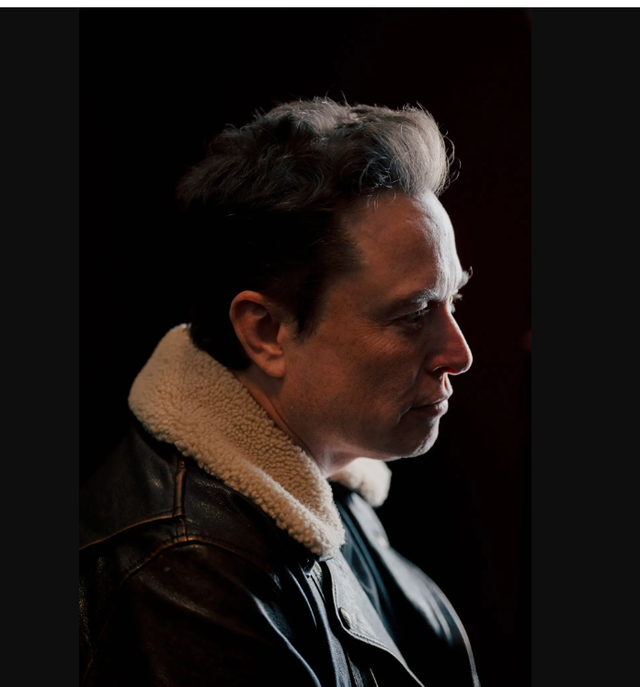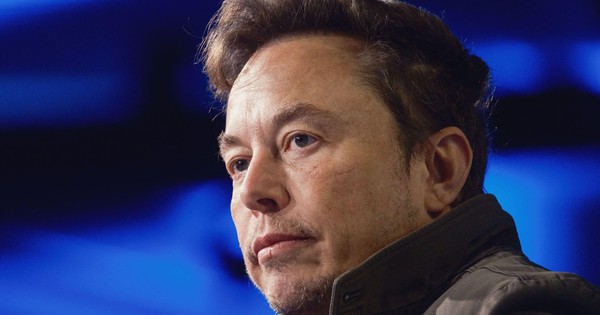Elon Musk’s Charitable Activities: A Self-Serving Endeavor

Elon Musk, the second richest person in the world, is known for his philanthropic efforts. However, a recent investigation by the New York Times has revealed that Musk’s charitable activities are primarily self-serving and aimed at personal gain. In this article, we will explore the details of Musk’s philanthropy and its questionable nature.
A Self-Serving Approach to Philanthropy
According to the New York Times, Elon Musk has established a charitable foundation in his own name, making generous contributions in the form of stock donations that are tax deductible. With a total value of over $7 billion, this foundation has become one of the largest in the United States. However, it has failed to meet the minimum donation requirements set by the law to qualify for tax benefits, potentially putting Musk at risk of significant penalties for tax evasion.
The investigation further revealed that Musk does not hire any employees for his charitable foundation. Billions of dollars are managed solely by a board consisting of Musk himself and two volunteers. In fact, one of the volunteers admitted to spending very little time on the foundation, averaging only about 6 minutes per week.
Questionable Beneficiaries of Musk’s Charity
The New York Times investigation also uncovered that a significant portion of Musk’s charitable donations benefit either himself or his business ventures. For example, $55 million was allocated to help a major customer of SpaceX, and donations were only made to aid the residents of a Texas district after a SpaceX rocket explosion affected the area.
Musk’s foundation has also made contributions to two schools closely associated with his business operations. One school is located within the SpaceX complex, while the other is adjacent to a new housing development for Tesla employees. These actions have raised concerns about the lack of a clear philanthropic focus and the prioritization of personal interests over public welfare.
The Ad Astra School: A Privileged Institution
In addition to his foundation, Elon Musk and his brother Kimbal established the Ad Astra School, a nonprofit educational institution. The school primarily serves the children of Musk’s employees and other privileged individuals. While the school boasts beautiful animations and inspiring messages on its website, it does not provide any contact information.
Furthermore, prior to 2014, Musk’s foundation had only $40,121 in its accounts, despite his net worth exceeding $10 billion at the time. This aligns with Musk’s belief that his business ventures already contribute to society and, therefore, he is not obligated to engage in significant philanthropic efforts.
The Tax Game: Philanthropy for Personal Gain
In late 2021, Elon Musk received $25 billion worth of Tesla stock as a bonus, which incurred an $11 billion tax liability. This prompted Musk to actively engage in philanthropy to reduce his tax burden, following the advice of his lawyers.
One notable example was Musk’s intention to give a $6 billion charitable gift to the Food and Agriculture Organization. However, he redirected $5.7 billion worth of Tesla stock to his own foundation instead, enabling him to save over $2 billion in taxes. As per the law, charitable foundations are required to distribute a minimum of 5% of their assets each year, but Musk’s foundation falls short of this requirement.
The lack of substantial charitable activities and the involvement of a minimal number of individuals, including Musk himself and his two volunteers, raise concerns about the true intention of Musk’s foundation.
A Pattern of Self-Serving Philanthropy
The investigation uncovered that Musk’s donations are often tied to his personal interests or business ventures. For instance, his foundation granted $5 million to a United Nations program aimed at providing satellite internet access to rural schools. Interestingly, some of the recipient countries later became customers of Musk’s Starlink satellite internet service.
It is evident that Elon Musk’s charitable activities primarily revolve around his own interests. If this trend continues, it is likely that tax authorities will scrutinize his actions, potentially resulting in substantial fines for tax evasion.
Business Today is committed to providing accurate and insightful financial news and analysis. For more updates on finance and economics, visit Business Today.
*Source: NYT

